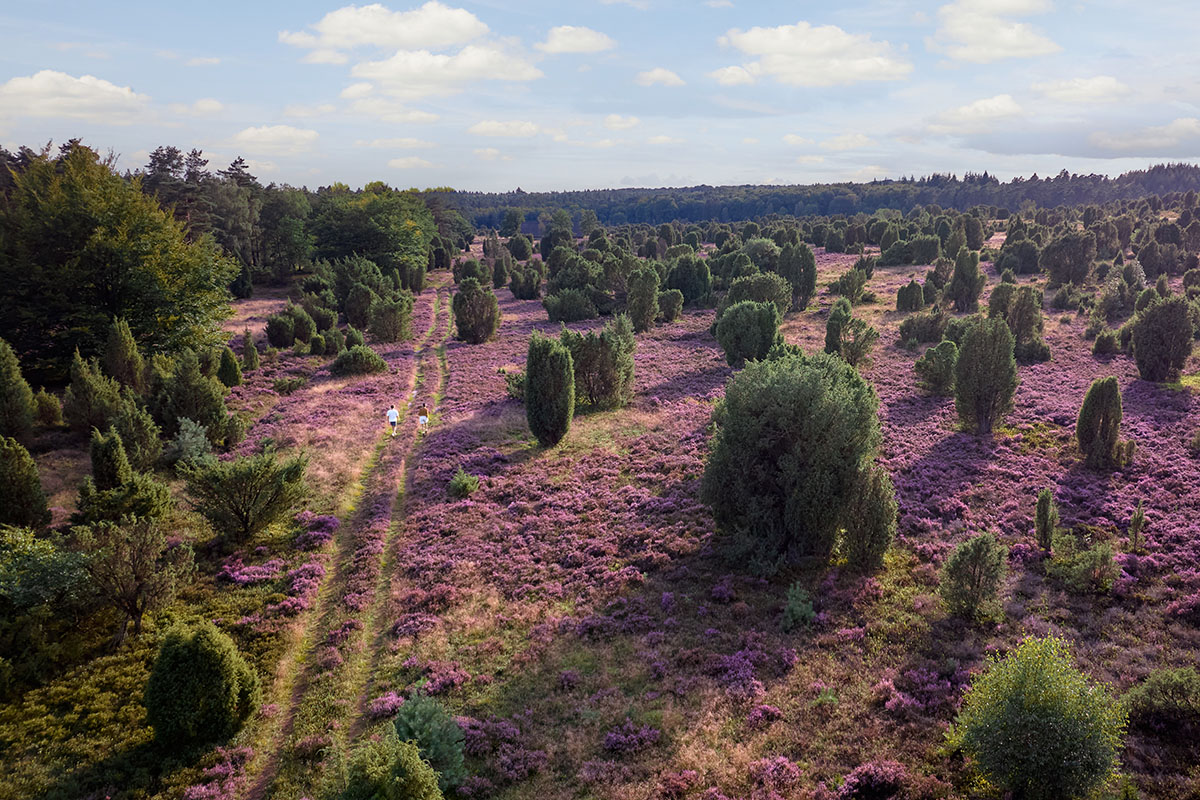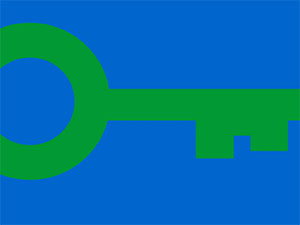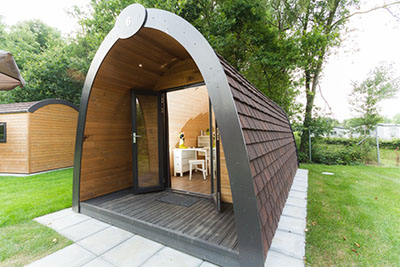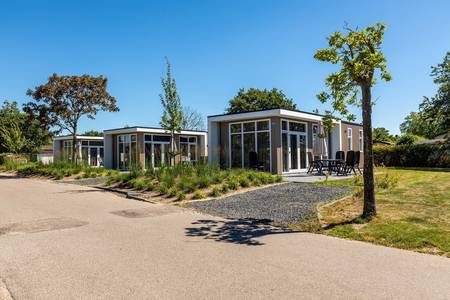 By editors on February, 16th, 2024
By editors on February, 16th, 2024
Sustainable holiday park, sustainable holiday parks: The future of responsible travel
Sustainability is an increasingly important topic in our society, also when it comes to holiday parks. In this article we discuss the concept of sustainable holiday parks in the Netherlands and what measures are taken to have a positive impact on the environment. Sustainable holiday parks focus on energy and water management, nature and the environment in and around the park, and offer practical examples of successful initiatives.
Dutch holiday parks are increasingly aware of the importance of sustainability on both an ecological and economic level. This looks at the use of sustainable energy sources such as solar panels, water-saving measures and reducing waste. There are several examples of holiday parks that are committed to a greener future, with both large chains and smaller parks taking steps in the field of sustainability.
Importance of sustainability in holiday parks
Sustainability is very important in holiday parks as it helps protect the environment while saving costs. With the current energy crisis and increasing environmental awareness, we want to take steps to make our holiday parks more sustainable.
Sustainability policy
Implementing a sustainability policy helps to reduce energy and water consumption, limit CO2 emissions and minimize waste. Some holiday parks have already set ambitious goals, such as:
- 70% less CO2 emissions
- 25% less energy consumption
- 25% less water consumption
Measures such as solar panels, electric charging stations and heat pumps can contribute to achieving these goals and making these holiday parks more sustainable.

Certifications and quality marks
By focusing on certifications and quality marks, such as the Green Key certificate, holiday parks show that they are committed to sustainable entrepreneurship and the environment. Green Key is an international quality mark for sustainable accommodations in the tourism sector. The certificate is awarded to holiday parks that meet strict sustainability criteria, demonstrating that they act environmentally friendly.
Eco-lodges and accommodations
In addition to implementing sustainability policies and obtaining certifications, holiday parks can also consider offering eco-lodges and environmentally friendly accommodations. This may include:

- Tiny houses: Gas-free homes that consume less energy.
- Passive houses: Homes with very low energy consumption, thanks to, for example, extra insulation and passive solar energy.
- Natural materials: The use of sustainable, renewable materials in the construction and furnishing of accommodations.
Energy and Water Management
Energy saving and green energy
In sustainable holiday parks, a lot of attention is paid to energy saving and the use of green energy. We use solar panels to generate green energy, and our bungalows are well insulated so that energy loss is kept to a minimum. We are also working on the transition to gas-free accommodations, which means cooking on induction hobs and hot water is obtained via a heat pump.
Water Saving and Reuse
Sustainable holiday parks also focus on water saving and water reuse. To achieve this, we use water-saving shower heads in our accommodations, reducing water consumption while showering. In addition, some parks are equipped with systems for collecting and reusing rainwater, which can be used, among other things, for flushing toilets.
In addition, many holiday parks strive to obtain Green Key certification. This international sustainability quality mark sets high standards for holiday parks in the field of energy and water use.
In short, sustainable holiday parks try to make a positive impact on the environment by making conscious choices in the field of energy and water management. As a result, they strive for a comfortable and environmentally conscious holiday experience for their guests.
Environmentally friendly facilities and activities
In addition to preserving nature, we believe it is important that the facilities and activities at the holiday parks are environmentally friendly. Below you will find some examples of sustainable initiatives that we apply to our parks:
- Green energy: Sustainable holiday parks use green energy as much as possible, including solar panels and wind energy.
- Energy and water savings: To reduce energy and water consumption, we install energy-efficient appliances and lighting in our accommodations. We also encourage our guests to be conscious about water and energy consumption.
- Responsible transportation: We strive to ensure that our parks are easily accessible by environmentally friendly means of transportation, such as electric bicycles, shuttle buses and car sharing.
- Reducing food waste: In the catering establishments at our parks we try to reduce food waste as much as possible by, where possible, donating excess food to local food banks or offering smaller portions.
Through these and other initiatives, we ensure a pleasant and environmentally friendly holiday for both our guests and the flora and fauna around our park.
Sustainable holiday parks in the Netherlands
There are several sustainable holiday parks in the Netherlands that are committed to a better environment and sustainable tourism. In this chapter we discuss three such holiday parks that can also be found onholiday-park-guide.com.

- Buitenhof De Leistert located in the beautiful Limburg landscape near the town of Roggel. In addition to luxurious and comfortable bungalows, this park also offers environmentally conscious efforts to reduce the ecological footprint. This includes energy-efficient technologies and the use of sustainable materials. More information about Buitenhof De Leistert can be found atholiday-park-guide.com.
- De Eemhof is a popular holiday park in Flevoland, near Zeewolde. This holiday park is committed to sustainability by, for example, using green energy, water-saving measures and separating waste. In addition, De Eemhof offers numerous activities and facilities aimed at experiencing nature and promoting environmental awareness among guests.
- Recreational park de Woudhoeve is located in North Holland, in the pleasant town of Egmond aan den Hoof. This holiday park attaches great importance to sustainability with various measures to save energy and water, reduce waste and protect biodiversity. Guests can enjoy the beautiful green surroundings and the environmentally friendly facilities and accommodations. More information about other holiday parks in the Netherlands can be found at holiday-park-guide.com.
In these three holiday parks, visitors can enjoy a sustainable and environmentally friendly holiday in the Netherlands. In this way they contribute to a better environment, while enjoying all the comfort and natural beauty that these parks have to offer.